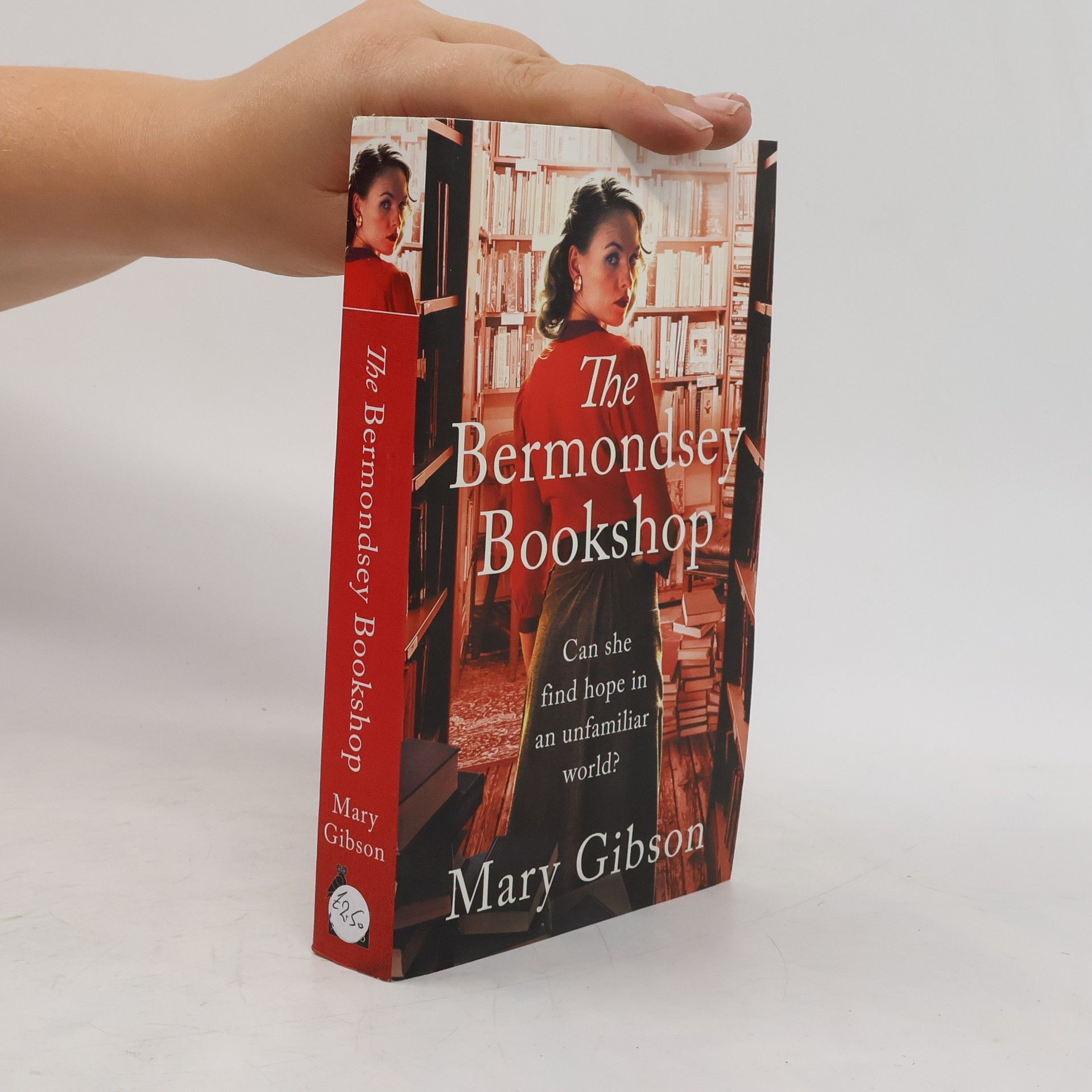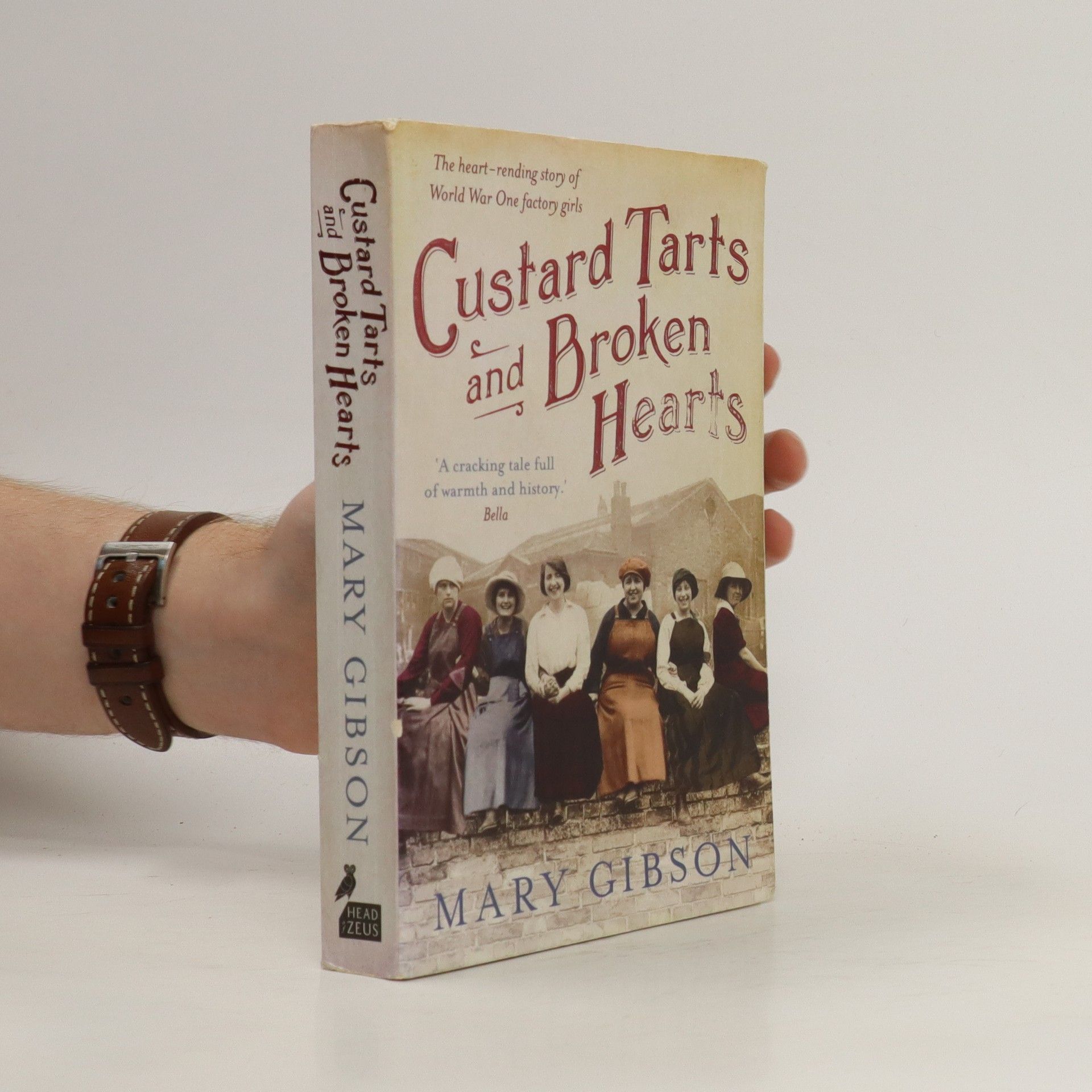The Bermondsey Bookshop
- 448 stránek
- 16 hodin čtení
The inspiring story of one girl's struggle against poverty, hunger and family cruelty, set in 1920s London.
Mary Gibsonová se ve své tvorbě zaměřuje na životy a osudy obyčejných lidí, především žen, v dělnické čtvrti Bermondsey v Londýně. Její romány jsou plné nostalgie, vzpomínek a silných rodinných pout. S citem pro detail a autenticitu vykresluje prostředí a atmosféru minulých dob, zejména období první světové války. Její styl je přístupný a dojemný, což čtenářům umožňuje vcítit se do postav a jejich životních příběhů.





The inspiring story of one girl's struggle against poverty, hunger and family cruelty, set in 1920s London.
Following the Wall Street Crash, Matty Gilbie flees home from New York to Bermondsey, her acting dreams in tatters and her life in danger from the mob.
Bermondsey 1939 - in the middle of the Blitz. With her home in ruins, May joins the ATS and becomes a gunner girl. Here she finds dangerous work, new friends and rivals - and painful choices in love.
In 1920s London, three sisters struggle to make ends meet and protect their mother from the violence of their father.
They call them custard tarts—the girls who work at the Pearce Duff custard and jelly factory. But now the custard tarts are up in arms, striking for better conditions. Among them is Nellie Clark, trying to hold her family together after the death of her mother. She has the most desperate struggle to make ends meet, often going hungry to feed her little brothers. Two men vie for Nellie's love. One is flamboyant, confident, and a chancer. The other is steady, truthful, and loyal. But the choice is not as easy as it might seem. Looming over them all—over Bermondsey, over the factory, over the custard tarts and their lives and loves—is the shadow of World War I. And that will change everything and everyone.